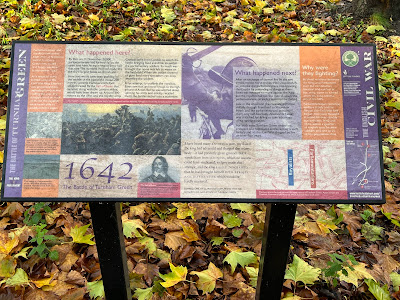I couldn't let today go by without noting the sad passing of the great man. This won't be a proper eulogy to Doctor Duffy. That might come later. Now I'll just put down some immediate thoughts and reflections. As a result this post might be rather rambling.
Doctor Duffy's work has been around for most of my wargaming life. In fact his first published book has been around for nearly my whole life. Not that I was aware of it for a long time. My first acquaintance with the Doctor's prolific body of work was the Army of Frederick the Great, originally published in 1974. I first acquired the book around the age of 15, a much treasured birthday/Christmas present from my big sister and her husband. The level of scholarship was way above anything that I'd read up to that point, and it helped entrench my interest in the SYW. This was as much a product of the style and the wit displayed in the writing as it was of the learning transmitted.
Other books followed and joined my collection. All read several times. Siege Warfare (vols I&II), Fire and Stone, Borodino, The Military Experience in the Age of Reason, Russias Military Way to the West, etc. etc. etc. I even strayed outside my obsession with the Horse & Musket era when Duffy released Through German Eyes about the Somme: a fabulous work. He had that ability to focus on incredible minutiae or nuance, yet also he could pull back and draw some profound and broader conclusion about humanity.
It's fair to say that I have been royally educated and entertained by the works of this man. He has opened up my eyes to whole areas of military history I barely knew existed. Having read the work published earlier this year to accompany the Festschrift in Doctor Duffy's honour, it's clear to see that he has also had a huge influence on professional military historians.
I'll quote two extracts from two of Doctor Duffy's works that I encountered first. The first is the opening paragraph of the preface to Siege Warfare: The Fortress in the Early Modern World, 1494-1660. The second comes from the final paragraph of the first edition of The Army of Frederick the Great. The second addition has an additional section after that).
"Many solemn ventures of mankind are impelled by impulses which are more trivial than the voyagers would care to admit - the rationalisations are often left until later. It so happens that the present work, for all the pomposity of its title, was inspired by nothing more than the sight of a traffic-island of turf and stone in my native Blackheath."
"Perhaps it is more useful to dismiss the preoccupations of the day altogether, and look upon Frederick and his army as manifestations of their own time. That is something which the old devil surely has a right to demand of us."












